Pursuit of Play, volume 6: Stages of Innovation

It's been a minute since we've been on that Pokemon grind, hasn't it? After cranking through 2 tournaments in 2 weeks to end the year, the season had a little holiday hiatus baked in.
But we're back and better than ever! Well, not really...but maybe at least as good? There's still a lot of Pokemon to play this season, and everyone's goals are still well within reach.
Oh, right - this is Pursuit of Play, thoughts from a year on the European competitive Pokemon circuit. As always, if you want to catch up on previous editions, they’re here.
And if you've really missed reading about Pokemon, you should consider signing up for Nerd Notes, where I've actually dropped 2 additional depth cuts on Pokemon since the last tournament including a preview of the deck we played this month and even a sneak preview of a non-Pokemon project I'm incubating in the studio.
Introduction to a Third (Fourth? Fifth?) Tier City
Back in Stuttgart, I asked another player from the UK what I should expect from Birmingham, and he responded, “You went to Liverpool last year? Well, set your sights a bit lower than that and you won’t be disappointed.”
Well alright…for the record, Liverpool was my least favorite city that we visited last year, so not a promising recommendation.
But I can’t really pass too much judgment on Birmingham; much like Stuttgart was last year, Birmingham was an extremely contained experience: we landed at the airport, walked 10 minutes to the hotel, went to the mall next store to get dinner, got up in the morning and walked 5 minutes to the convention center to play…and that was the full range of our Birmingham experience. Nothing about it was exceptional, nothing about it was horrible. Mediocrity ruled the day. We ate mediocre pizza at a chain Italian restaurant & mediocre noodles at a chain Japanese restaurant. The weather was cold but otherwise unremarkable. The venue had more options for food than most others, because it is an enormous convention center…but all of it was still the same thing you’d get anywhere else. As our friend Bo - who ended up winning the Senior division championship - said, “It’s like being inside a Costco.” Nailed it.


Stratford-upon-Avon, the alleged home of William Shakespeare, isn’t too far away. That being said, unlike Liverpool with the Beatles, the corner of Birmingham we were in wasn’t covered with Shakespeare based branding and commodification of everything possible. I guess that’s nice?
It all made for a very easy tournament from a practical, logistical standpoint. I can’t complain, and given where I had set my expectations I suppose Birmingham exceeded them.
The Pokemon Update
The fun news: all 3 of us played the same deck to Birmingham - the Wall deck that Tommy built and played to 19th place in Stuttgart.
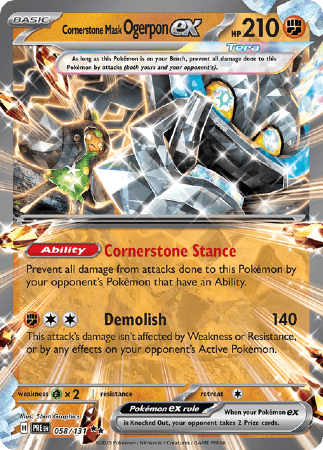
Technically, mine was only 58 of the same 60 cards because a) one of our online card orders didn’t arrive in time, and b) we expected that I’d need to be prepared for a matchup in the Masters division - Gardevoir - that the kids wouldn’t see in Juniors & Seniors.
The less than fun news: none of us did particularly well with said deck. Nate had the best go of all of us, going off for 3 wins, 2 losses, and 2 ties and finishing 63rd out of 170. Tommy and I both finished with matching records of 1 win, 2 losses, and 2 draws before dropping. At least Nate got some points and kept the pursuit of the travel award on track. Otherwise, not a great showing.
And also…not really that much fun? Playing this deck felt more laborious than my Tsareena deck, which maybe would have justified itself if it had been dramatically more successful but my result was basically the same. Overall, I felt myself thinking “just give us the pairings for the next round so we can get on with it” more than I’ve ever felt before.
The 5 people I played against were all genuinely lovely - including a mom who had home-brewed her own deck that was like nothing I’d ever seen before and a guy who was returning to the game after a few years away who ended up finishing in the top 32. Had it not been for a sense of authentic human connection with my opponents, this tournament would have been pretty bleak.
We’ll all be switching to something new for the next tournament, and we’ll probably switch to 3 different somethings new. What that will be, though, I don’t know.
Reflections on Play: Stages of Innovation
When I first set off on this quixotic journey, I was explicit about the fact that I see an interaction between play and innovation…so, let’s talk about a conceptual model that I think about several times a week since I first discovered it in Dan Breznitz’s excellent book Innovation in Real Places.
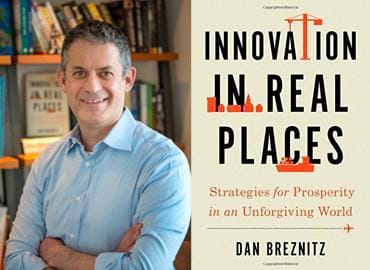
This isn’t exactly an “I think you should read" recommendation unless you are explicitly interested in the role the public sector plays in fostering innovation[1] , but this model is really useful because when people use the word innovation they don’t always mean the same thing.
The model is what Breznitz defines as the 4 stages of innovation:
- Stage 1 is novelty - these are the genuine breakthroughs that create some sort of new affordance or capability. This is the internet, the steam engine, generative AI, etc. In general, a stage 1 innovation will launch not just a product or a company but entire new industries. So, needless to say, stage 1 innovation is pretty rare.[2]
- Stage 2 is design, prototype, and production - usually stage 1 establishes a proof of concept but doesn’t necessarily create the actual products that best leverage the new technology. Stage 2 is where that happens. Let’s stick with the internet as the analogy: the actual DARPAnet was created in academic laboratories. That was the stage 1 innovation, and it actually stayed there for a long time. Stage 2 was Netscape Navigator, the package by which the internet became a product that was readily available. For this day & age, transformer models were stage 1, ChatGPT was stage 2.
- Stage 3 is component innovation and second generation products - in stage 3, we start improving on the underlying pieces of the product and using them to develop more mature, more fully realized, better versions of that product. The original Google search engine is a great example of this in the internet analogy - it took an established form within the construct of the internet, the search engine, and made a significant breakthrough in the algorithm for search.
- Stage 4 is improvement in production & assembly - at this stage, the innovation is less around the product itself and more about improvements in the way the product is made. In the internet analogy, this is Amazon Web Services and the way that it made cloud-based services available & scalable.
It’s a conceptual model with deep & broad explanatory power about how innovation happens[3], but WTAF does this have to do with Pokemon?
This world of the Pokemon TCG is a microcosm of how this model plays out. Stage 1 is controlled by the Pokemon company: they create the new cards and thus determine the new dynamics and mechanics of the game, but every time they do they create a playground for new Stage 2 innovation. Stage 2 innovators are people who are trying to craft new types of decks, trying to figure out how to take the different cards available and make them into a coherent & competitive whole. Stage 3 innovators are players who are taking an established deck type that a Stage 2 innovator has created and figuring out how to optimize it. Stage 4, then, is less about the decks themselves and more about the way that ideas are disseminated and refined - it’s streamers showing off a deck they’re playing, Discord servers where testing groups work through their ideas together, etc.
One thing I find really valuable in this model is that it doesn’t value any stage over any other stage - they’re all important, but Breznitz’s point in the book is that you’ve got to know which stage you’re working in, and you really do need to pick just one. The second part of that thesis is specific to the public sector, and I find it breaks down if we try to apply it too far beyond that - there are certainly companies that play in multiple stages at the same time very successfully. But I do think there’s value as a player in understanding which stage you gravitate toward.
I’ll do a bit of self diagnosis: part of the reason I found this tournament to be more laborious than the others is because I was operating in Stage 3 mode. I had adopted an existing deck type and tried to make some optimizations in it. In all of the other tournaments, I’ve been in Stage 2 mode: I have a unique type of deck I’m trying to build, and every one of those tournaments acts as a stress test of how well this new idea is working. Beyond that, though, part of the reason that I can’t get all the way sold out on playing Pokemon is because I can’t find my way into Stage 1…what I really want to do is build new things from scratch and develop my own games[4].
I think you should watch: The Remarkable Life of Ibelin
The premise: a young man who suffered from a degenerative muscle disorder dies, and his grieving father updates the blog his son kept to let people who read it know of the son’s passing. And then the emails start pouring in from all of these people who knew the son through his online persona in World of Warcraft. One of the emails is from the head of his online guild, and he lets the family know that their guild has kept incredibly thorough gameplay logs running to thousands and thousands of pages documenting the life their son lived under his online name Ibelin. The filmmakers then use World of Warcraft to reconstruct that life, mixing in interviews with the other players in real life.
Obviously, I loved this film. It’s on Netflix, so you should check it out. It illustrates a generational disconnect between those of us who came of age with the internet and those who didn’t, namely the way that we in the former group see who we are online as an aspect of our identity that is equal to our IRL identity. The idea that you can have a deeply meaningful relationship with a person who you’ve never met in person often seems dubious to the older generations and self-evident to my generation and those that came after.
Next month we're back in England for the second time in two months...in the dead of winter. Fantastic.
But this is no mere regional tournament - it's the European Union International Championships, the biggest tournament we'll play this year aside from the World Championship. We're going back to London, back to the Excel Center, back for the 4th time in the past 3 years. The prizes are bigger, the competition is stiffer, and there are some serious changes in the format. Stay tuned.
- And if you are, then you absolutely must read it.
- BTW, just keeping up with the news - I think DeepSeek v3 fits in stage 1. There's an argument to be made that it's stage 4, but I think the use of synthetic data for training & the possible use of lower compute GPUs to achieve that level of performance gain pushes it up.
- Here’s my slightly shady side note: I think most people who have a job title with the word “innovation” in it tend to cluster around stage 3 and stage 4 because in stages 1 & 2, you tend to exist in an environment where it’s what everyone does so calling it out explicitly seems redundant. My bigger beef is with the way that “innovation” is often just a synonym for “efficiency” in stages 3 and 4…I’ll save that rant for another time.
- (and products and services and experiences)

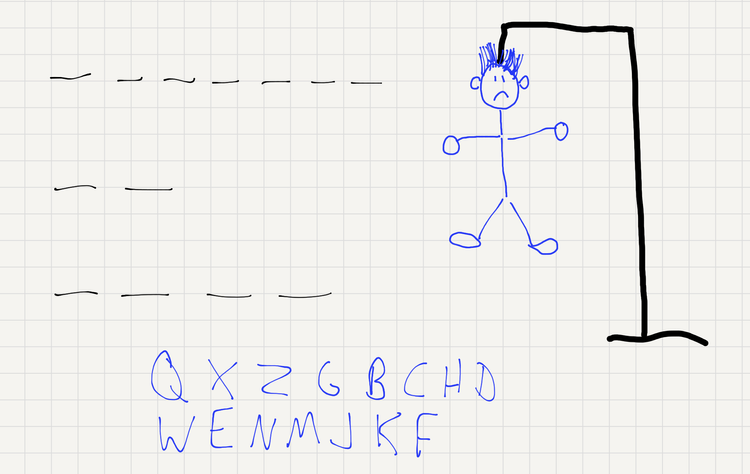
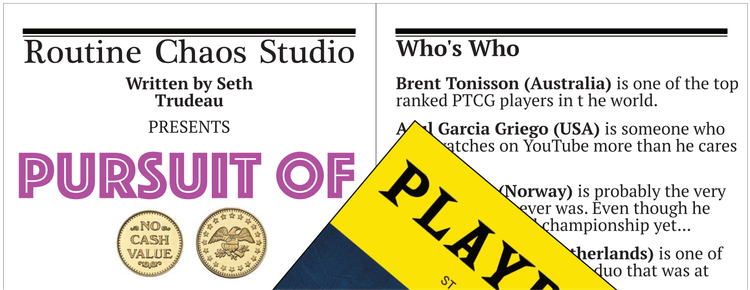
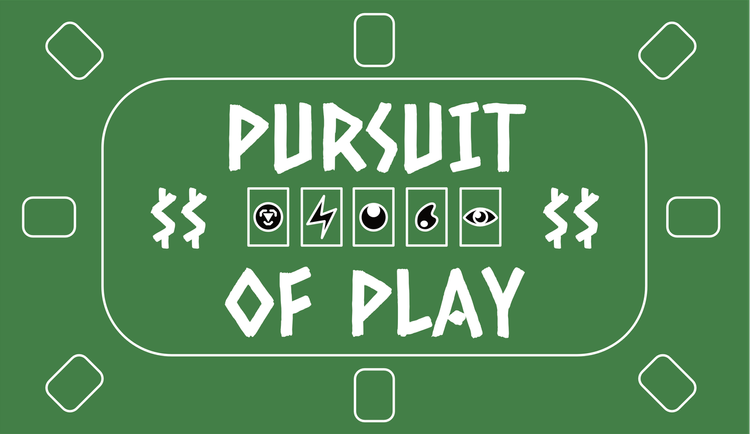


Member discussion